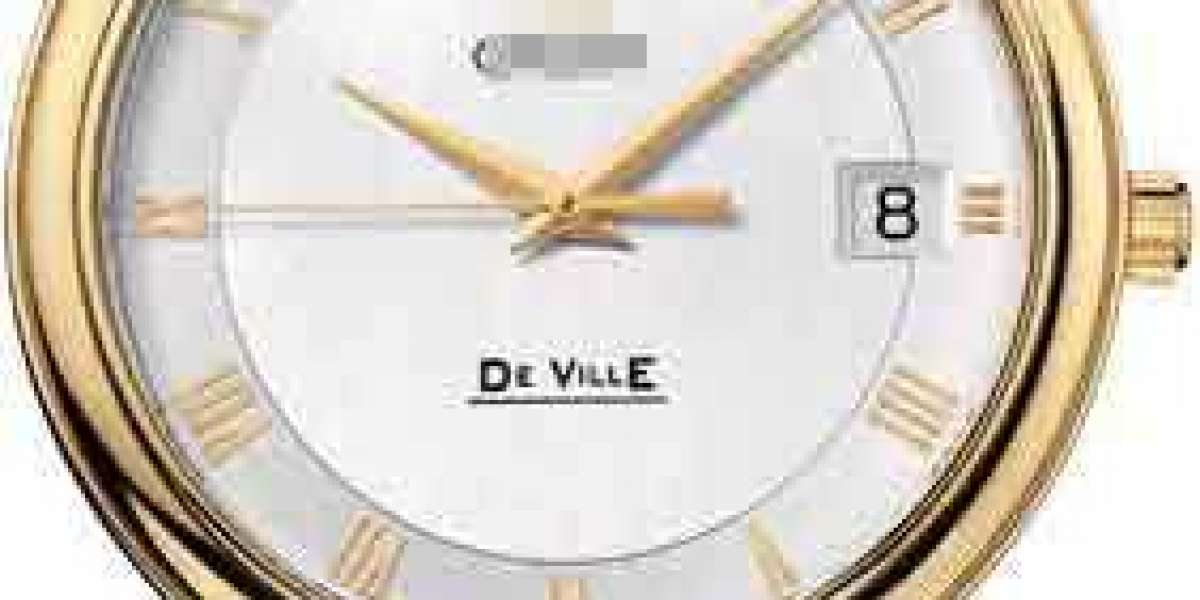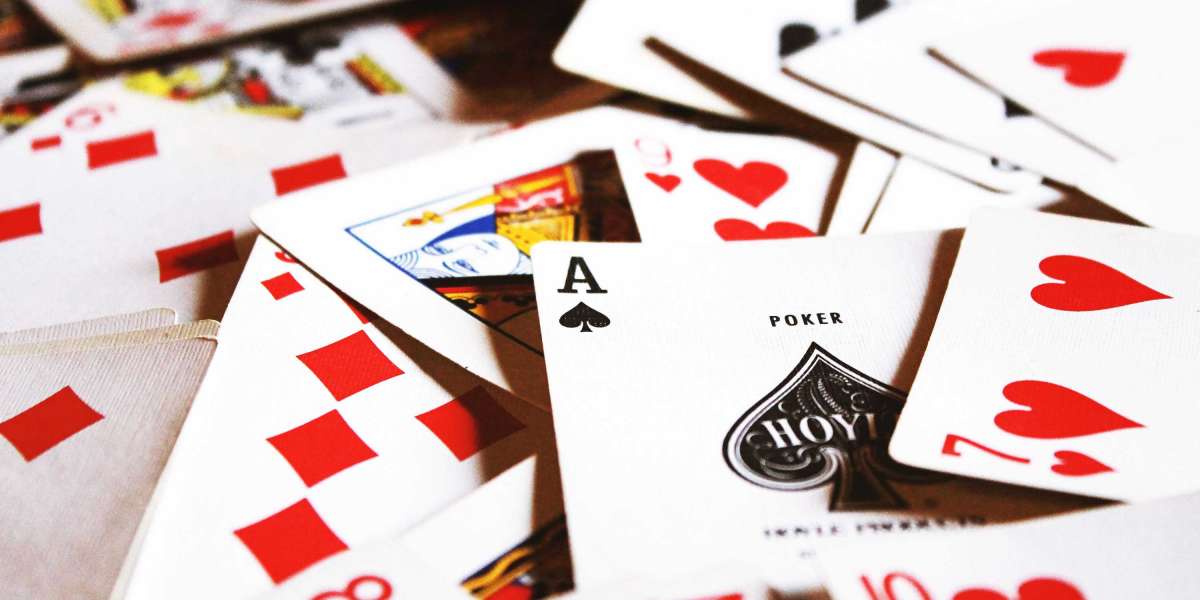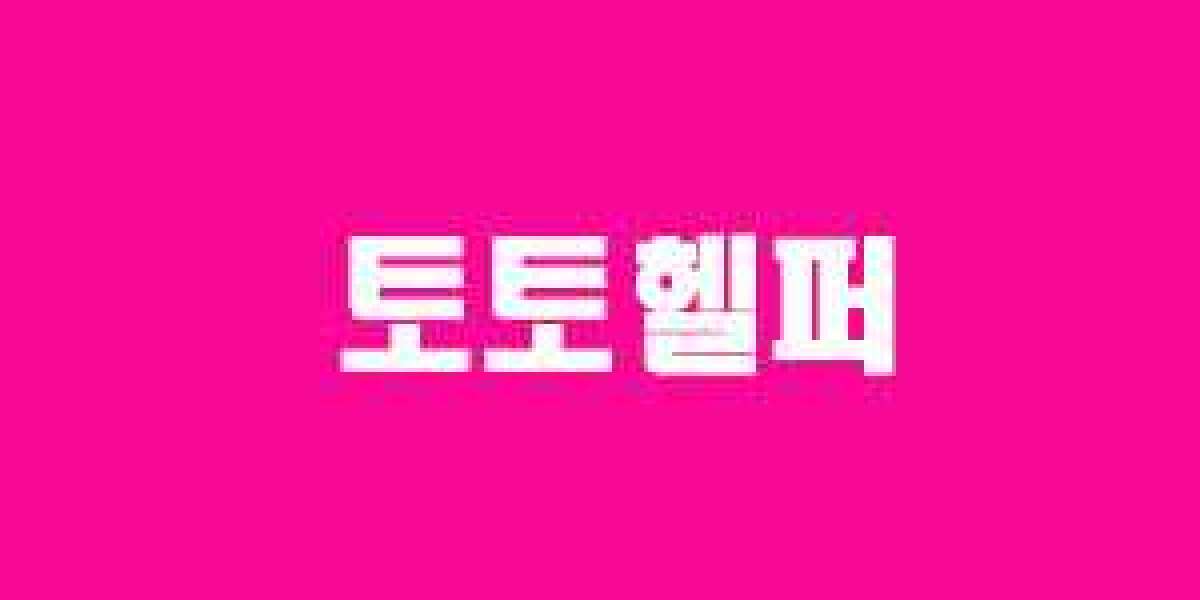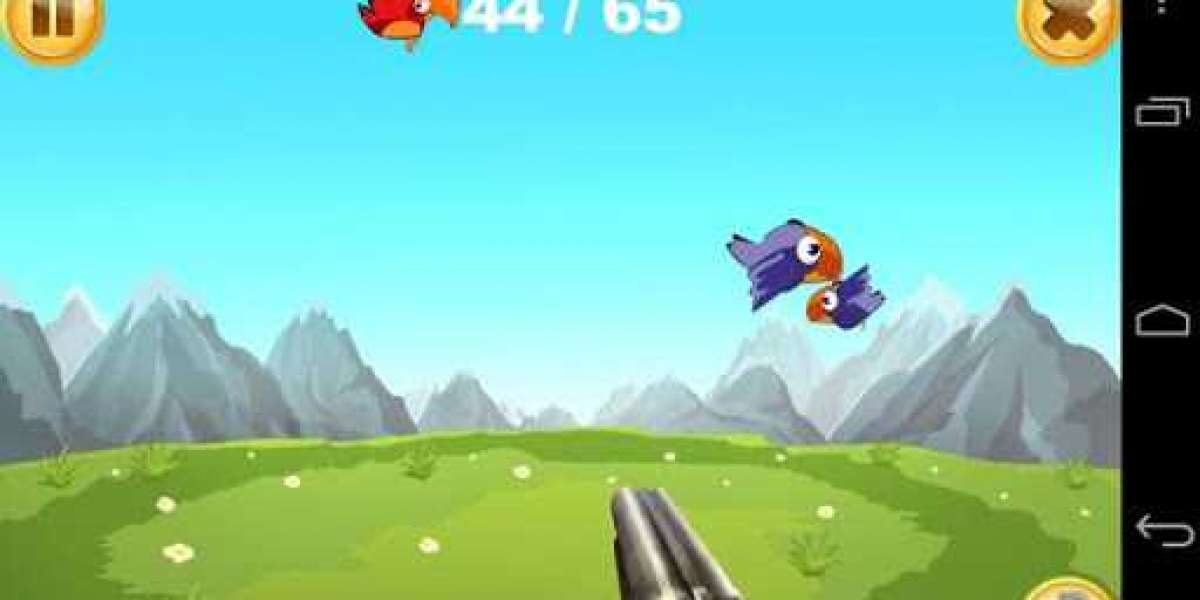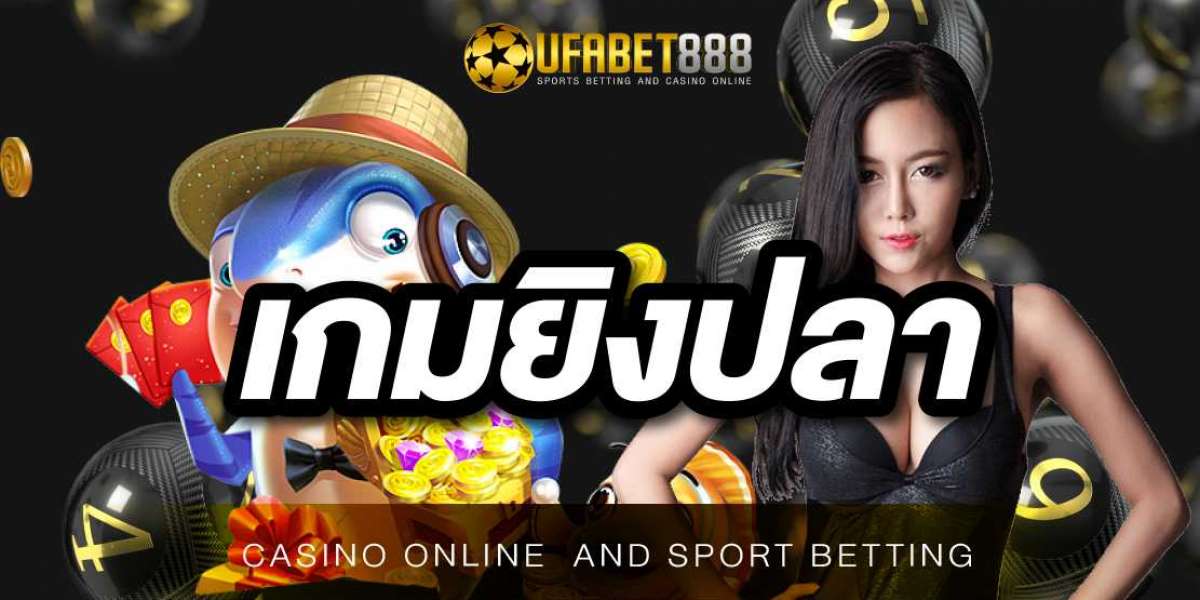WoW Raid Boosts Are a Common
Activision Blizzard is currently facing serious ongoing allegations of harassment and mistreatment of marginalized workers. To learn more, please visit our timeline as well as our in-depth report on the subject.To get more news about safe wow gold, you can visit lootwow.com official website.
People paying in-game money for powerful players to "carry" them through top-level World of Warcraft content has been a common practice in the game for years, but the revelation that Blizzard's co-lead is participating in the practice has sparked a new flurry of discussion about "raid boosts" within the community.
The chatter kicked off when recently-instated Blizzard co-lead and former Xbox VP Mike Ybarra tweeted a few days ago that he would be streaming his WoW guild's "heroic SoD sales run." For those who don't play WoW, this is Ybarra advertising that he would be streaming his guild playing through the game's most recently released raid, Sanctum of Domination, on heroic difficulty.
The "sales" bit indicates that his guild group will include a few folks who had paid in-game gold to be there, as opposed to joining or assembling a high-level group of their own to clear the challenge themselves.This practice is known as "raid boosting" and has been common in World of Warcraft for years. Like most MMORPGs, WoW has multiple levels of difficulty to its raids. And while options have been added over the years for players who don't necessarily have highly-skilled guilds at their back to at least see the story and boss content available, the higher levels of difficulty — Heroic and Mythic, currently — require serious coordination and specific numbers of people playing certain roles to finish.
Unless you're in the upper echelons of WoW players, finishing a raid on this level can cost a guild lot of in-game gold to buy potions and other necessary items, not to mention the weeks and weeks of preparation and practice required to fell a raid's most difficult bosses.
For those who can manage to clear them, the rewards for high-level content are substantial: stronger equipment, other cosmetic rewards like mounts, prestige in-game achievements, and sometimes even bonus story content, dialogue, or extra boss encounters you might not see on easier modes. So it's natural that players covet them.But if you don't have the time, skill, interest, or energy to put into finishing these time-consuming raids, then paying in-game gold for those who do to carry you through a raid once or twice to get the things you want seems like a reasonable solution. It benefits the guilds as well, which empty their coffers raid after raid to finish them the first few times and necessarily will need to refill them before the next raid releases.
But there are a few reasons why raid boosting and Ybarra's participation in it has turned people sour. The first, somewhat less common opinion, is that raid boosting cheapens the experience for those who get "legitimate" kills through skill, time, and teamwork. It can be frustrating to watch someone pay their way into the same rewards you took weeks to earn.
Another issue is that the in-game "group finder" tool, intended to be used by players to find others of similar skill and interest to clear raids or dungeons with, tends to get bogged down in advertisements for raid boosts, making it difficult to use. But while annoyance at these issues is certainly valid, they're not the main reason some members of the WoW community are raising their eyebrows at Ybarra.Back in 2015 during WoW's Warlords of Draenor expansion, Blizzard added a controversial new item into World of Warcraft: the WoW Token. The WoW Token is an item that players can purchase with real money, which can be exchanged for a month of game time. It can then be sold within the game to another player for in-game gold, essentially allowing players to convert real money into gold, or spend in-game gold to maintain their WoW subscription. The real money price for a WoW Token is set at $20, while the in-game gold selling price is set by the game, but fluctuates depending on supply and demand. In the US, it's been sitting in the vicinity of 200,000 gold lately.

